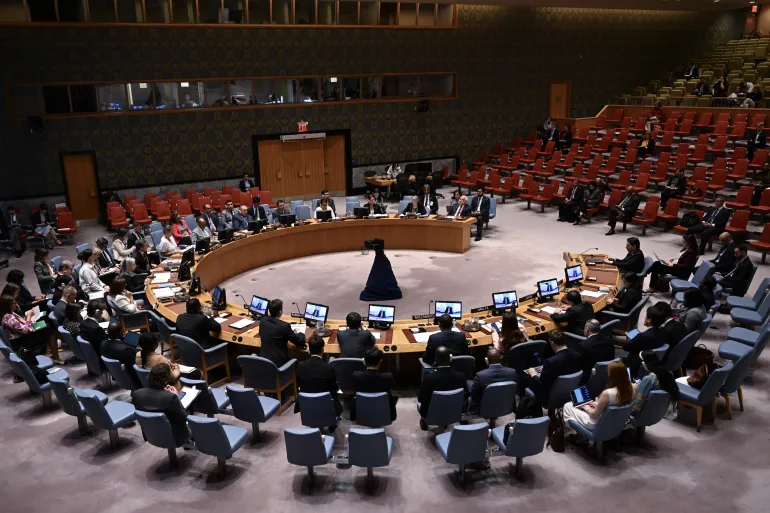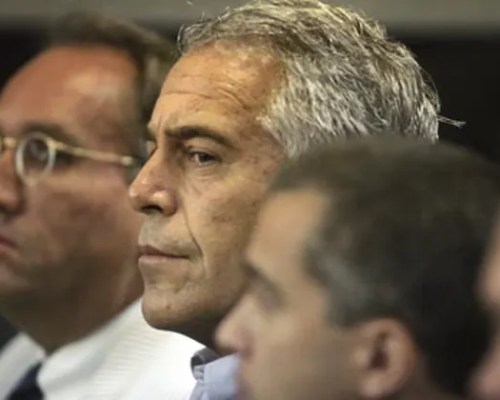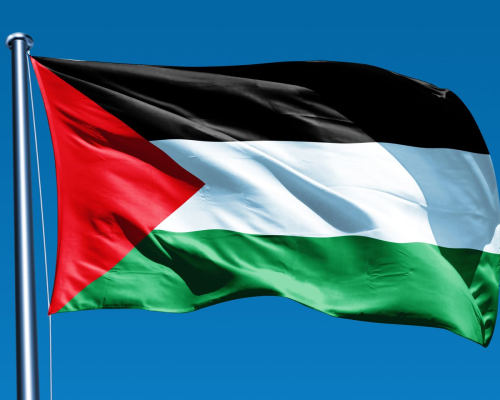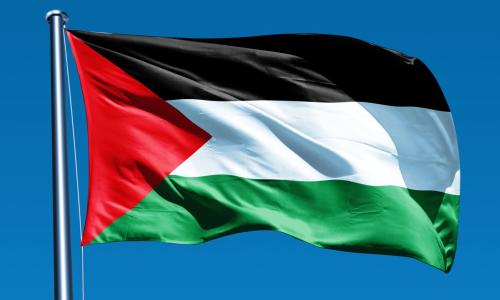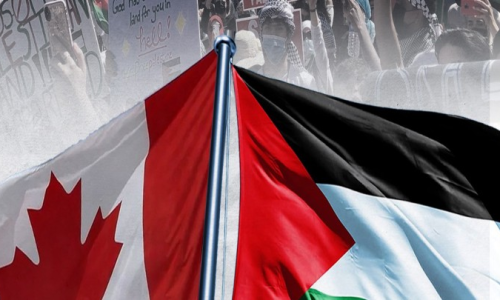By Taghreed Saadeh
International recognition of the State of Palestine represents a decisive step toward reinforcing Palestine’s legal and political presence on the global stage. In the upcoming September session, a significant United Nations conference is expected to be held to advance the process of granting Palestine full membership، not merely observer status.
Several major countries have already confirmed their commitment to recognizing the State of Palestine during this conference, including Canada, France, the United Kingdom, Malta, Portugal, and Luxembourg.
This recognition is not merely symbolic، it paves the way for Palestine to obtain broader diplomatic and legal rights within international institutions. It also increases pressure on Israel in global forums, especially amid growing European and international support and shifting positions among many Western countries regarding the Palestinian cause.
U.S. Refusal to Grant Visas to Palestinian Officials
In a preemptive move aimed at obstructing the recognition conference, the U.S. State Department announced sanctions that prohibit issuing visas to members of the Palestinian Authority and the Palestine Liberation Organization, accusing both entities of undermining peace efforts with Israel.
The State Department stated: “It is in our national security interest to impose consequences and hold the PLO and the Palestinian Authority accountable for failing to meet their commitments and for undermining the prospects for peace.”
However, the 1947 United Nations Headquarters Agreement obligates the United States, as the host country of the UN headquarters, to permit entry to representatives of both member and non-member states attending official meetings، even if the U.S. does not recognize them politically.
Nevertheless, Washington has repeatedly invoked “national security” claims to justify denying entry to certain political figures, as it did in the past with the late Palestinian leader Yasser Arafat. Today, signs suggest that Palestinian officials، possibly including President Mahmoud Abbas، may be barred from attending the upcoming UN meeting in New York under similar pretexts.
The Arafat Precedent
This is not the first time the United States has politicized visa decisions. In 1988, the U.S. denied Arafat a visa to attend the UN General Assembly. Despite international appeals, Washington maintained its stance, prompting the UN to relocate its session from New York to Geneva so that Arafat could deliver his speech.
This incident was a global embarrassment for the United States and highlighted that using visas as a political tool violates its legal obligations under the UN Headquarters Agreement. It also undermines the credibility of the United Nations as a neutral institution.
Will the U.S. Block Abbas?
Legally, the U.S. has no right to prevent the Palestinian president from entering New York if he is attending an official UN session. However, as seen in previous instances, Washington may resort to indirect tactics such as delaying visa approvals or imposing “security” restrictions، actions that constitute clear violations of international law and could trigger a diplomatic crisis, especially amid growing momentum for Palestinian statehood recognition.
Momentum for international recognition of Palestine is rapidly increasing. The upcoming UN conference in September could mark a historic milestone in solidifying that recognition both legally and politically. Any American attempt to obstruct the Palestinian delegation’s attendance would not only be a legal breach، it would be another blow to Washington’s global image and could spur more countries to take firmer stances in support of Palestine.

